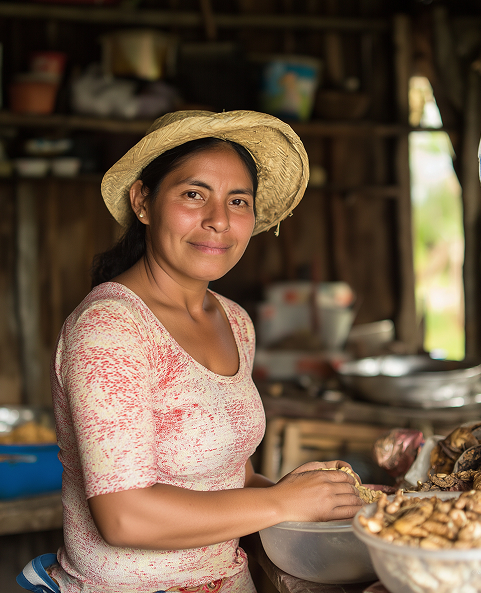The SDG financing gap for Africa is estimated at $1.3 trillion per year. While there are many opportunities to promote investment in the SDGs in this region, they require risk reduction and public support.
UNDP contributes to financing national sustainability targets through the Africa Sustainable Finance Hub. The 2024 Africa Investment Insights Report, Third Edition highlighted market intelligence from 16 SDG Investor Maps across the region, identifying 207 investment opportunities in 11 sectors – 130 of which have the potential to contribute to climate action. The timbuktoo initiative is bringing together governments, investors, corporates, and universities across Africa to spark the continent’s startup ecosystem.
The Africa Minigrids Program is advancing clean energy access and boosting rural economies in 21 sub-Saharan African countries by fostering private-sector investment in solar minigrids. Through the Italy-UNDP Energy Partnership, UNDP is working with Italy’s Government to establish a pipeline of viable clean energy investments in seven African countries.
UNDP and UNCDF: Working together in Kenya on financing and business support for cold storage
UNDP, the United Nations Capital Development Fund (UNCDF) and Mitigation Action Facility are leveraging their complementary expertise to drive the adoption of solar-powered cold storage in Kenya, integrating blended finance with technical assistance to create more sustainable value chains for agricultural products.
UNDP will lead a EUR 6.7 million initiative to build capacity, provide policy support and raise awareness among farmers and service providers. UNCDF will manage a EUR 16.6 million blended finance component that includes concessional loans, guarantees, and risk-reduction mechanisms to attract private-sector investment.
This partnership is set to leverage more than 2.5 times the private sector investment, create 1,200 jobs and benefit 60,000 farmers and their households.
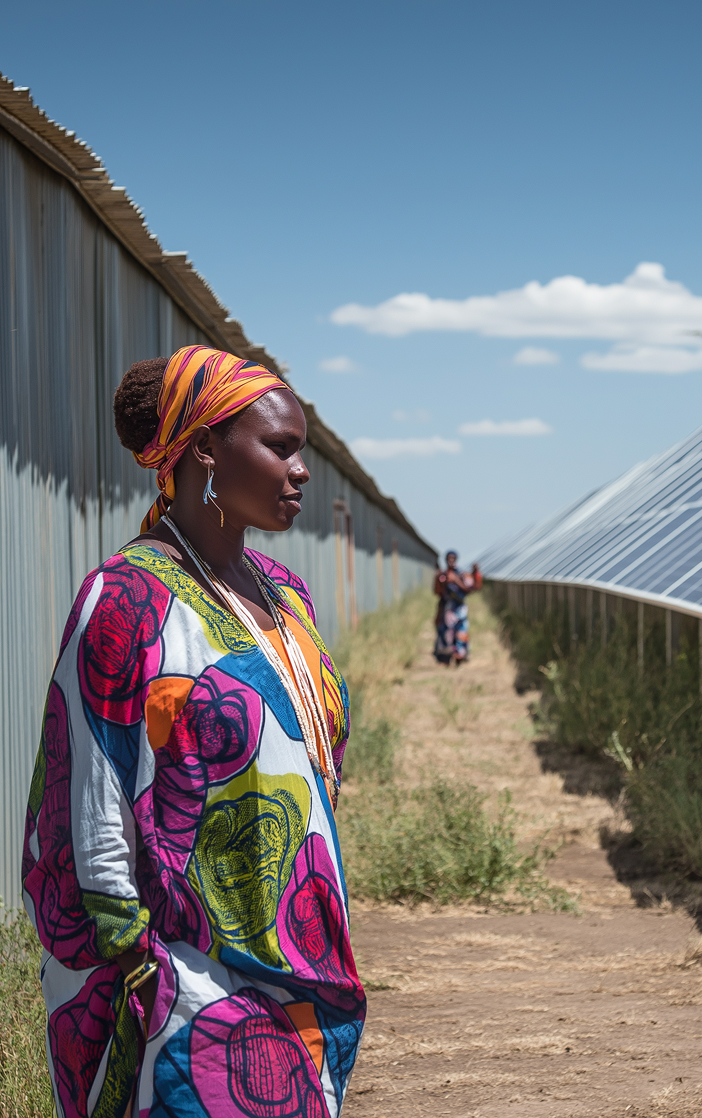
The Arab States region is home to a dynamic financial sector with more than $4.5 trillion in capital and a predominantly young population. However, much of this wealth remains underutilized, and access to financing for green and SDG-aligned investments is limited – particularly for small and medium-sized enterprises that have potential to drive innovation and generate employment.
The Green Finance Platform, spearheaded by UNDP, was established to address these challenges by mobilizing capital toward green and inclusive growth. The Platform focuses on unlocking finance for green small enterprises by tackling barriers such as weak enabling environments, limited financial instruments, and high perceived risks.
At the heart of the Green Finance Platform is a strong commitment to impact. Every transaction is guided by rigorous measurement to ensure meaningful contributions to the SDGs. To enhance the attractiveness of green investments, the Platform also offers de-risking tools –including portfolio guarantees and blended finance solutions – designed to catalyze private-sector engagement and scale up sustainable investments across the region.
Building Resilience to Climate Risks in Jordan
The agriculture sector is a major employer of women in Jordan. For most women in rural agricultural communities, the idea of insurance remains foreign. However, climate change is increasing the risks faced by farmers in Jordan – one of the world’s most water-scarce countries.
UNDP has been working with these farmers to increase their understanding of climate change and financial protection tools such as insurance. The Inclusive Insurance and Risk Financing Project is working with the Government to strengthen the role of the national Agricultural Risk Management Fund and the implementation of Jordan’s new Takaful Law – making Takaful solutions more widely accessible. (Takaful is a form of insurance in accordance with Islamic Law.)
By working at both the institutional and community levels, UNDP is closing the financial protection gap for hundreds of thousands of people working in Jordan’s agriculture sector.
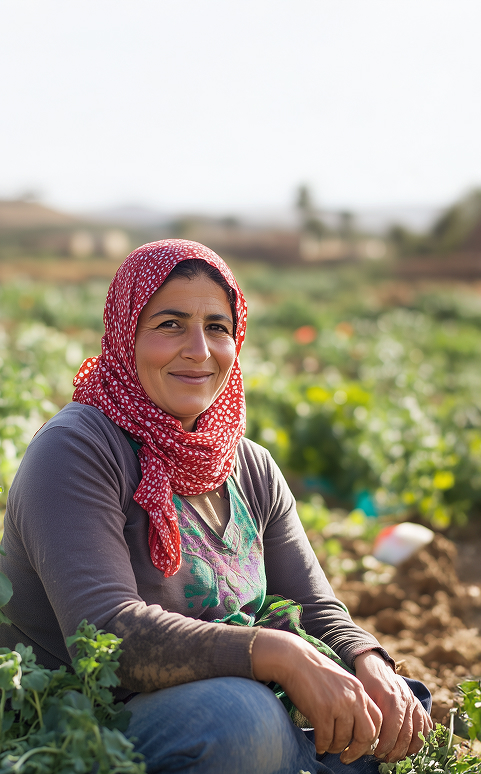
Though it features some of the world’s fastest-growing economies, the Asia-Pacific region requires an enabling environment for inclusive long-term growth. UNDP works with a range of public and private partners in the region, from supporting an SDG-aligned sovereign bond issuance in Thailand to an SDG Finance Academy for Pakistan’s Government (which is now being considered for rollout to sub-national governments).
UNDP’s private-sector work in the region includes a partnership with Mizuho Financial Group – which merged Japan’s three largest banks – to address the region’s SDG investment gap by aligning Mizuho’s investment portfolio with the SDGs and measuring the positive impacts. UNDP’s partnership with Mizuho followed an announcement that Mizuho intends to raise $700 billion in sustainable finance by 2030.
The SDG Venture Scaler was launched in 2024 to promote investment in sustainable development in Southeast Asia. This initiative focuses on supporting growth-stage enterprises in Indonesia, the Philippines, and Viet Nam whose business models are aligned with targets on climate action, education, and healthcare.
In the Pacific Islands, UNDP has been instrumental in incubating businesses focused on a green and blue economy. Projects like the Global Fund for Coral Reefs, the Blue Accelerator Grant Scheme, and the Drua Innovation Small Grants Scheme have leveraged $15.8 million from the private sector for entrepreneurial innovation. Through the Vaka Pasifika Project, UNDP is driving inclusive governance and making the most of investment opportunities in Pacific economies through public finance reform.
Climate Finance Network
The Climate Finance Network is UNDP’s flagship climate finance initiative in the Asia-Pacific region. Bringing together a wide range of stakeholders including ministries of finance, regulators, development partners, the private sector, and civil society to mobilize and manage climate finance effectively.
The network’s core areas of impact include:
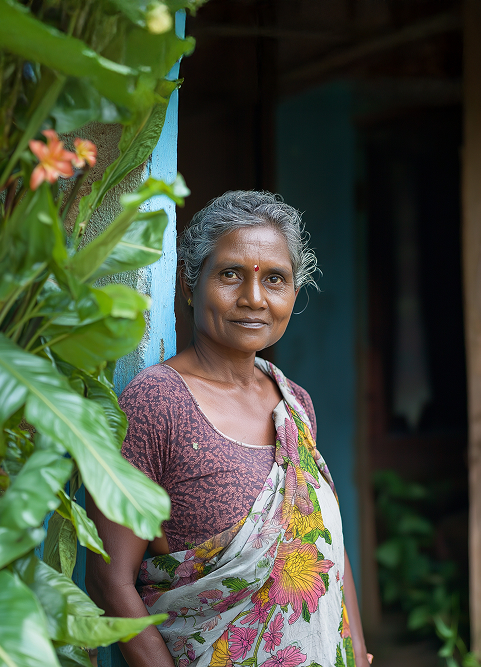
While poverty has declined in this region in recent years, economic growth has been uneven. In 2024, UNDP developed a regional compact on financing for sustainable development that concentrates expertise and leverages resources towards financing for development.
In Serbia, UNDP’s support in developing an SDG Investor Map helped to facilitate private investment of more than EUR 2 million in the country’s green energy transition. UNDP also supported the creation of a digital forensic lab in Armenia. In Montenegro, UNDP hosted an SDG Finance Academy for the Western Balkans, fostering cooperation among governments, the private sector, and international financial institutions in the region.
In line with Uzbekistan’s integrated national financing framework, UNDP is working through the $100 million Women’s Empowerment Initiative to provide women entrepreneurs with loans from commercial banks while training these financial institutions to nurture green-focused, women-owned small businesses.
Sustainable finance is instrumental for resilience and recovery in Ukraine
Amidst ongoing conflict, UNDP has been instrumental in Ukraine’s recovery, promoting democratic governance, inclusive growth, and environmental sustainability. A 2024 development finance assessment generated valuable insights into the need for development financing and highlighted opportunities to strengthen collaboration. Based on the evidence gathered, UNDP supported the Government in developing new indicators for SDG financing. Once approved, they will be mandatory, aligning national policies with the SDGs and enabling tracking of budget allocations for SDG-related public investments.
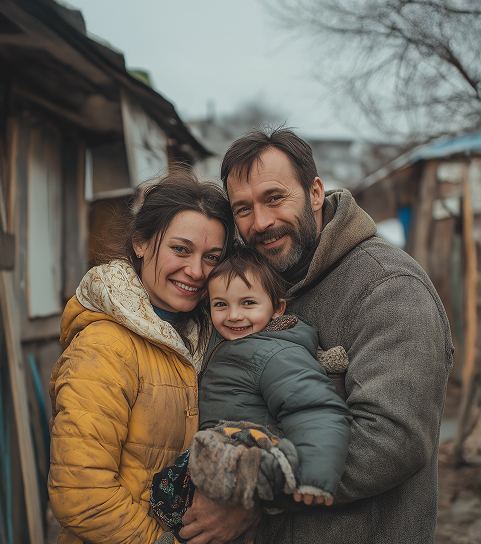
Latin America and the Caribbean face a financing gap of $158 billion to achieve the SDGs by 2030. However, the region is seeing rapid growth in sustainable financing solutions like SDG-linked bonds, which raised $29.6 billion in 2023.

UNDP has also incorporated sustainable finance principles agreed to by the G20 into its work with finance and development institutions in the region, developing a common framework for sustainable finance taxonomies that enables diverse actors to work together in driving capital towards sustainable development.
Colombia’s integrated national financing framework boosts domestic resource mobilization
With UNDP’s support, Colombia’s Government developed an integrated national financing framework aligned with national sustainability targets, and partnered with Tax Inspectors Without Borders to curb illicit financial flows. UNDP is now working with the Government on bringing together public and private partners to promote investments in conflict-affected areas through blended finance, and extending credit to small enterprises. Working with the Government and other partners through the integrated national financing framework process has expanded UNDP’s influence within previously unexplored sectors, including climate-smart agriculture, insurance and risk financing, and Colombia’s digital transformation.
